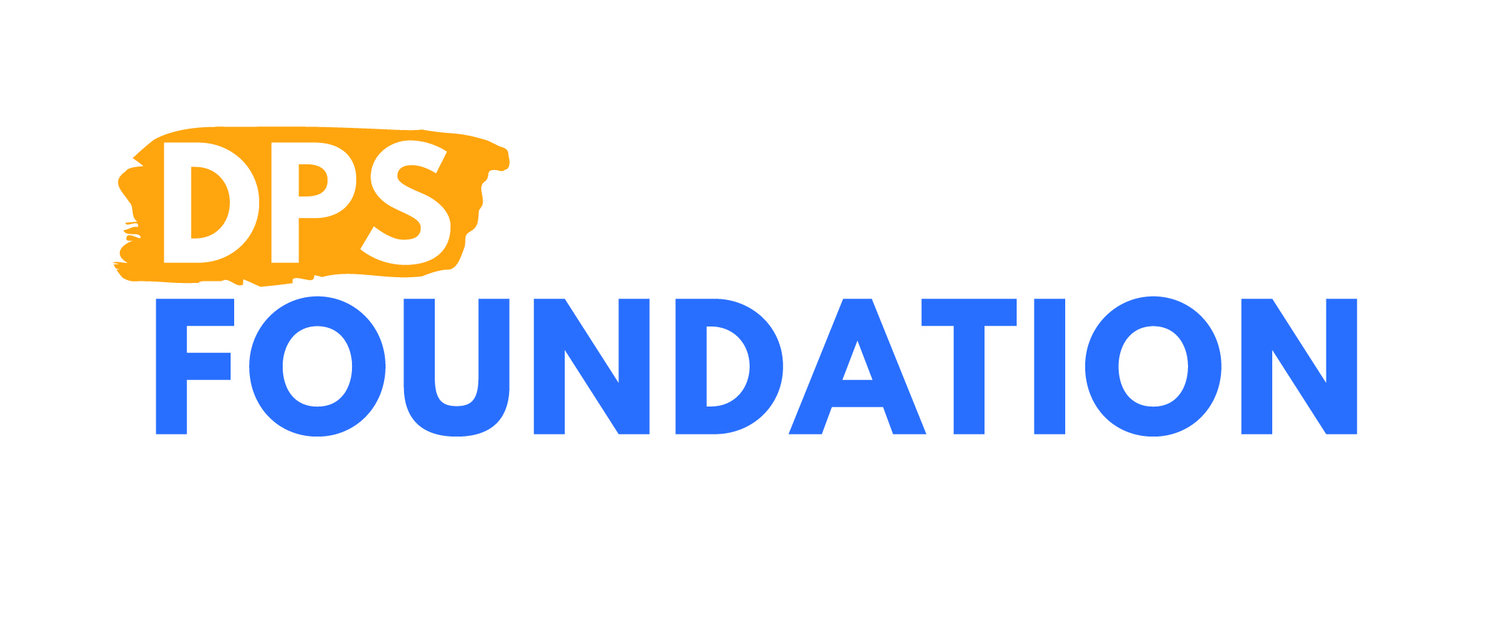COVID-19 and Learning Loss: Why We’re Taking Action
Last week we announced Accelerating Digital Equity, our campaign to bring the Durham community together to raise at least $1.5 million and ensure that every single DPS student experiences high-quality digital and remote instruction during this crisis and long after.
The brutal truth is that without significant investments now, our public school students and our local economy will suffer for decades to come.
A recent report from McKinsey shows just how much we all stand to lose if we do not take swift action.
The chart below shows that students who have low-quality or no access to remote instruction will fall nearly a year behind if school schedules remain disrupted through January 2021 (called Scenario 2 by the researchers).
Source: McKinsey
The learning gaps are particularly acute, and harmful, for Black and Latinx students, and low-income students:
Source: McKinsey
Additionally, COVID closures will likely contribute to increased drop-out rates. Historically, after school closures due to natural disasters such as Hurricane Katrina in 2005 and Hurricane Maria in 2017, 14 to 20 percent of high school students never return to school.
Drop-out rates and learning loss will follow students across their entire lifetime.
Researchers estimate that the average K-12 student in the US could lose $61,000 to $82,000 in lifetime earnings (in constant 2020 dollars) as a result of COVID-19 school closures.
Because of systemic racism and structural barriers exacerbated by the pandemic, these impacts will be felt most by Black and Latinx students. Over a 40-year working life the estimated lost earnings incurred by Black and Latinx students will be nearly twice those incurred by white students.
These impacts will also harm the economic well-being of Durham as a whole. With lower levels of learning and higher drop-out rates, students will be less prepared for the workforce.
Communities that do not address these issues now will be less able to compete in the future and their local economies will suffer.
This doesn’t have to be Durham’s story.
We can invest right now in our students and educators to ensure that everyone receives a quality remote-learning experience. This is a long-standing inequity that we can no longer delay addressing.
Students need access to devices and hot spots, and this is underway. But the urgency goes beyond having technology as the tool. Students also need teachers who are prepared and supported in delivering quality remote instruction. And they need technical support and other resources to build their digital literacy skills.
DPS’s comprehensive digital learning strategy includes all of these areas. It will require significant private support to be put into place quickly.
This campaign accelerates DPS’s roadmap for building the skills and experiences that prepare students for living with technology embedded in their lives – a way of thinking, learning, creating, and doing.
Here’s what you can do right now to help:
Share this blog post on your social media pages to let everyone know that the stakes are high,
Make a contribution to Accelerating Digital Equity ,
Ask your civic organization, faith community, book club, or neighborhood association how they can help,
Email us to ask about how you can volunteer with this community-wide campaign.


